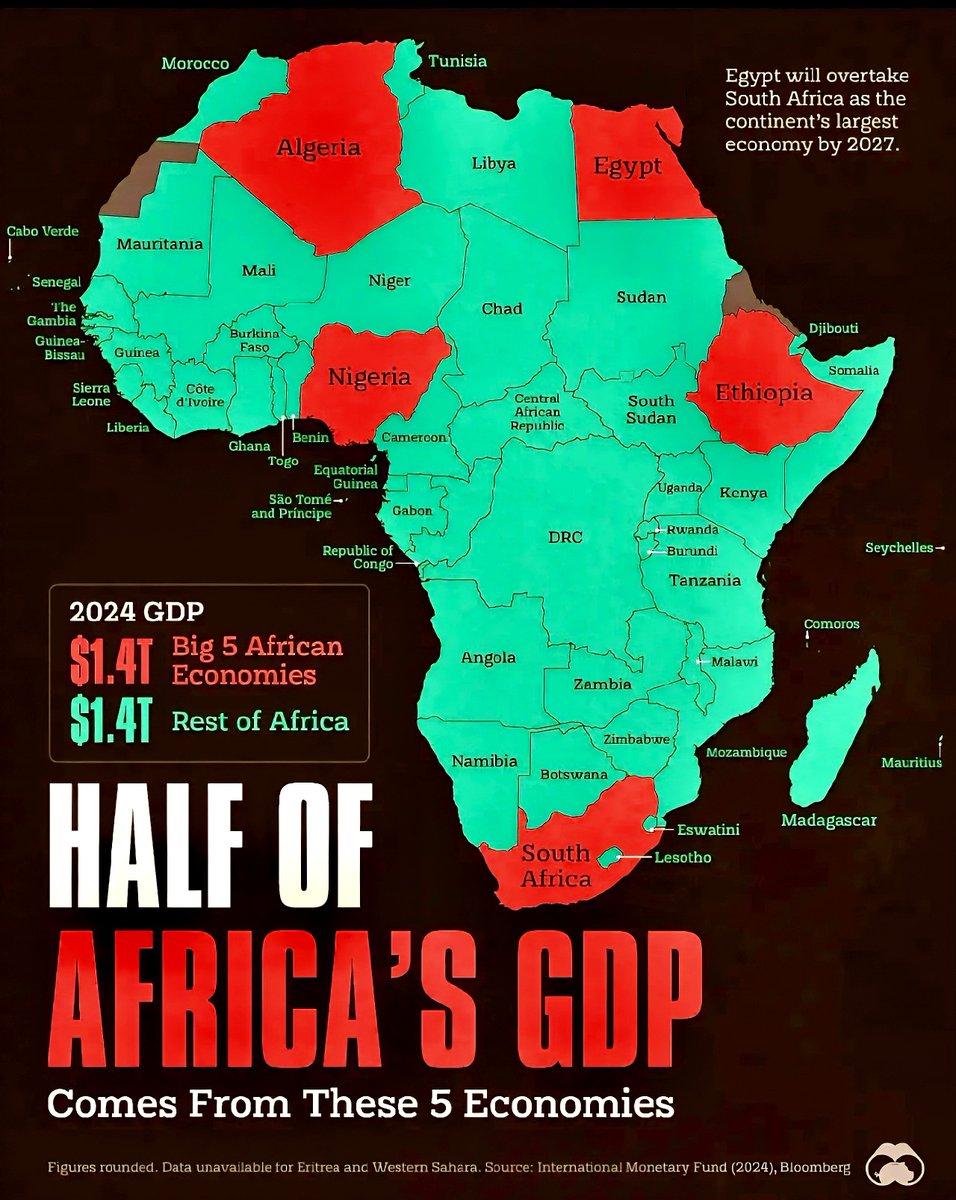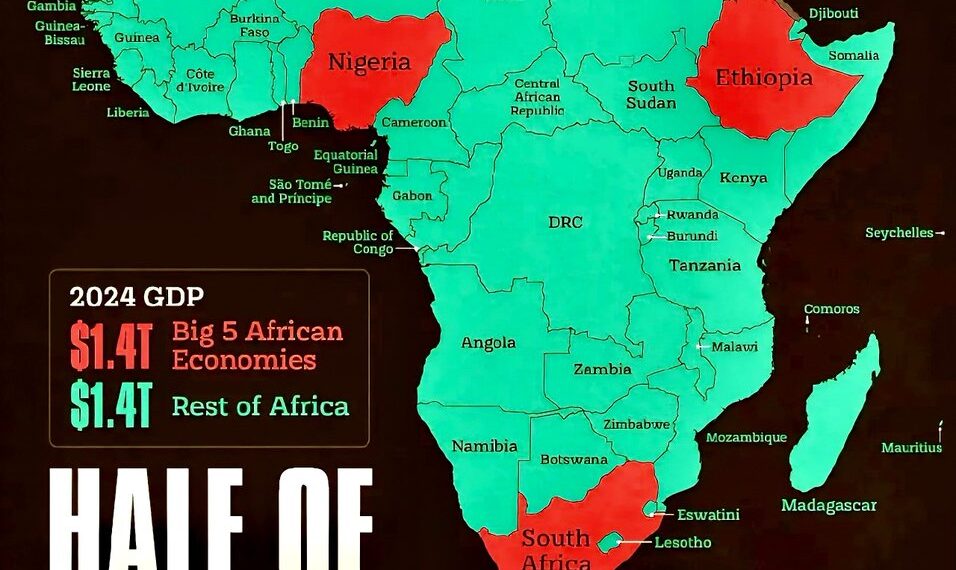Select Language:
The Surprising Dark Horse Countries of Africa’s Economy in 2025

1. Nigeria: Africa’s Economic Powerhouse
Nigeria stands out as Africa’s frontrunner in economic strength, contributing nearly 20% of the continent’s total GDP. With its vast population exceeding 220 million, Nigeria’s diversified economy encompasses oil, agriculture, telecommunications, and entertainment industries. The country’s oil sector, although volatile, remains a critical driver, supporting both government revenue and exports. Additionally, Nigeria’s burgeoning tech scene and entertainment industry (notably Nollywood) significantly bolster its economic profile, signaling a mixed but resilient growth trajectory.
2. South Africa: The Regional Financial Hub
South Africa consistently positions itself as the most industrialized country in Africa, with the continent’s second-largest GDP in 2025. The nation’s economy is heavily reliant on minerals, manufacturing, and financial services. Johannesburg serves as Africa’s financial epicenter, boasting a well-established stock exchange and banking system. Although political and social challenges have periodically impacted growth, South Africa’s advanced infrastructure and diversified economy continue to underpin its economic resilience.
3. Egypt: The Gateway to North Africa and the Middle East
Egypt is a vital economic nexus connecting Africa with the Middle East. With a GDP that makes up roughly 12% of Africa’s total, the country leverages its strategic geographic location to boost trade, tourism, and manufacturing sectors. The Suez Canal remains a key profit center, facilitating global shipping routes. Recent economic reforms, investments in infrastructure, and domestic tourism revival have propelled Egypt’s economy forward, making it a noteworthy contributor to the continent’s overall GDP.
4. Algeria: An Emerging Energy Power
Algeria’s economy, centered heavily on oil and gas exports, accounts for about 8% of Africa’s total GDP. In recent years, the government has prioritized diversifying its economy through investments in renewable energy and manufacturing. Although dependent on fossil fuels, Algeria has been cautiously expanding its industrial base, and recent reforms aim to attract foreign investment. Its resource wealth and strategic position in North Africa position Algeria as a key player in regional economic stability.
5. Ethiopia: The Rapidly Growing Economy
Ethiopia is Africa’s fastest-growing economy in 2025, contributing approximately 7% of the continent’s GDP. Known for an impressive average annual growth rate exceeding 8% over the past decade, Ethiopia has heavily invested in infrastructure, manufacturing, and agriculture. The country’s industrial parks and export-oriented industries are attracting foreign investment, aiming to position Ethiopia as an industrial hub. Despite political challenges, its demographic dividend and government initiatives continue to fuel economic expansion.
The Big Picture: How These Five Countries Shape Africa’s Future
Together, Nigeria, South Africa, Egypt, Algeria, and Ethiopia collectively make up half of Africa’s GDP, highlighting a concentrated economic landscape. While many other nations are making strides in various sectors, these five nations serve as primary engines driving the continent’s economic growth in 2025. Their diverse strengths—from resource wealth and strategic location to technological innovation—are shaping Africa into a more integrated and resilient economic powerhouse.
In essence, understanding these key players provides invaluable insight into the continent’s economic trajectory, potential growth areas, and the shifting landscape of Africa’s global economic standing.







